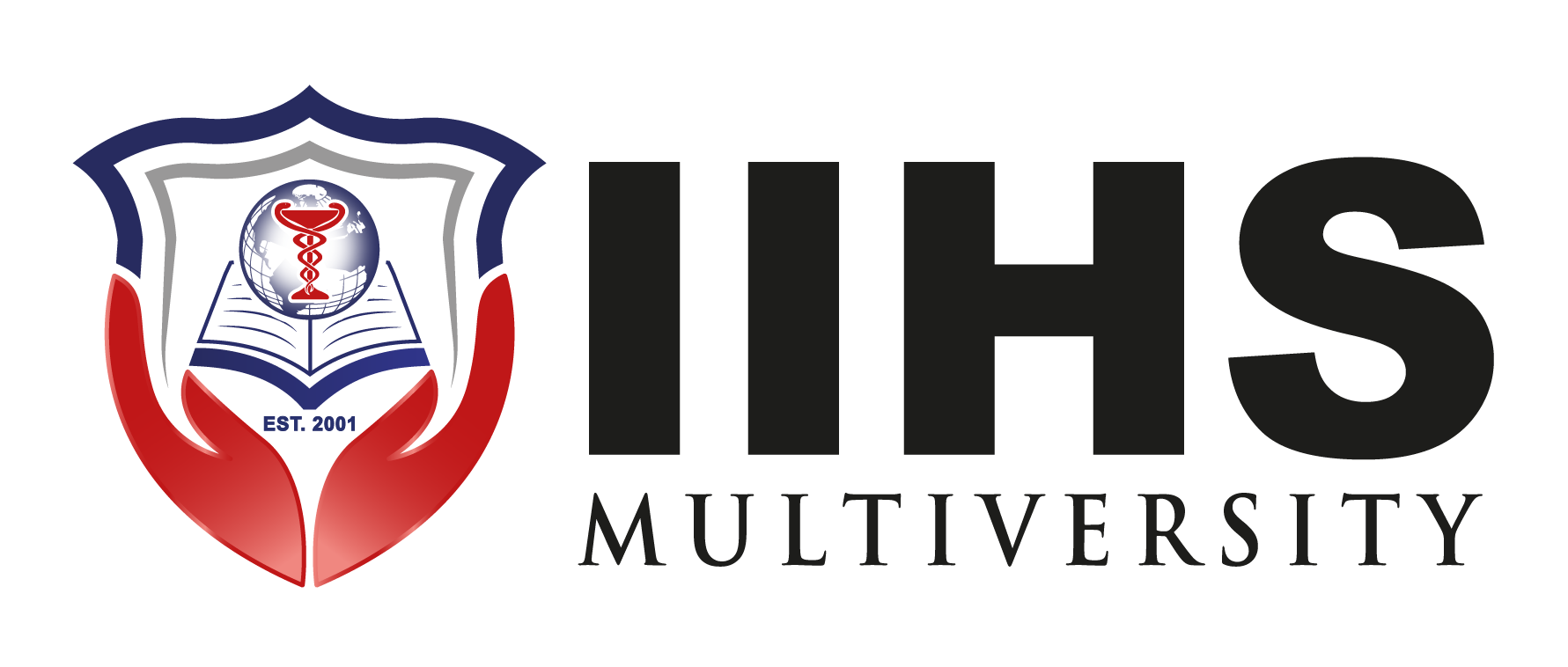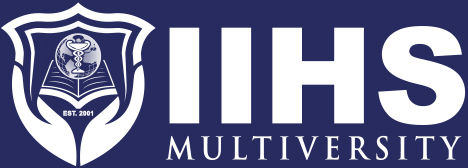April 22, 2024
Unlocking the Potential: How International Degrees Revolutionize Healthcare Careers
Introduction:
In today’s globalized world, the field of healthcare is witnessing a significant transformation due to the influence of international degrees. With advancements in technology, ease of travel, and the growing demand for a diverse workforce, international degrees have emerged as a game-changer for those seeking a successful career in healthcare. In this blog post, we will explore the various ways in which international degrees revolutionize healthcare careers and unlock tremendous potential for professionals.
1.Expanding Knowledge and Skill Set:
One of the key advantages of pursuing an international degree in healthcare is the exposure and access to diverse educational systems. International programs often offer a broader curriculum, providing students with a wider range of knowledge and skills than traditional domestic programs. This exposure allows healthcare professionals to think critically, adapt to different healthcare settings, and tackle complex challenges with innovative solutions.
2.Cultural Competence and Global Perspective:
Healthcare is not confined to the boundaries of a single country. As society becomes increasingly multicultural, there is a growing need for healthcare professionals who can understand and address the unique needs of diverse populations. International degrees help in cultivating cultural competence and a global perspective, enabling healthcare professionals to navigate cultural nuances, communicate effectively, and provide inclusive care to patients from varied backgrounds.
3.Networking Opportunities:
Studying abroad enhances professional networks, connecting healthcare professionals with individuals from different parts of the world. These networks not only contribute to personal growth but also prove valuable in terms of career advancement. International alumni associations, professional conferences, and forums provide a platform to exchange knowledge, collaborate on research, and explore job opportunities globally.
4.Exposure to Advanced Technologies and Practices:
Different countries often have varying healthcare systems, technologies, and practices. Pursuing an international degree exposes healthcare professionals to cutting-edge technologies, innovative practices, and advanced research. This exposure can significantly enhance their expertise and equip them with skills that are highly valued in the healthcare industry. It also fosters an innovative mindset, enabling professionals to contribute to advancements in healthcare delivery.
5.Increased Employability:
In an increasingly competitive job market, having an international degree can set healthcare professionals apart from their peers. Employers often value the adaptability, cultural awareness, and diverse perspectives that come from studying abroad. International degrees provide professionals with a unique edge, making them attractive candidates for healthcare organizations seeking to offer global healthcare solutions.
Conclusion:
International degrees have undoubtedly revolutionized healthcare careers by unlocking immense potential for professionals. The exposure to diverse educational systems, cultural competence, global perspectives, networking opportunities, exposure to advanced technologies, and increased employability are just a few examples of the transformative impact of international degrees on healthcare professionals. As the healthcare field continues to evolve, professionals who possess international education and experience will be at the forefront, driving innovation, and positively influencing global healthcare outcomes.


